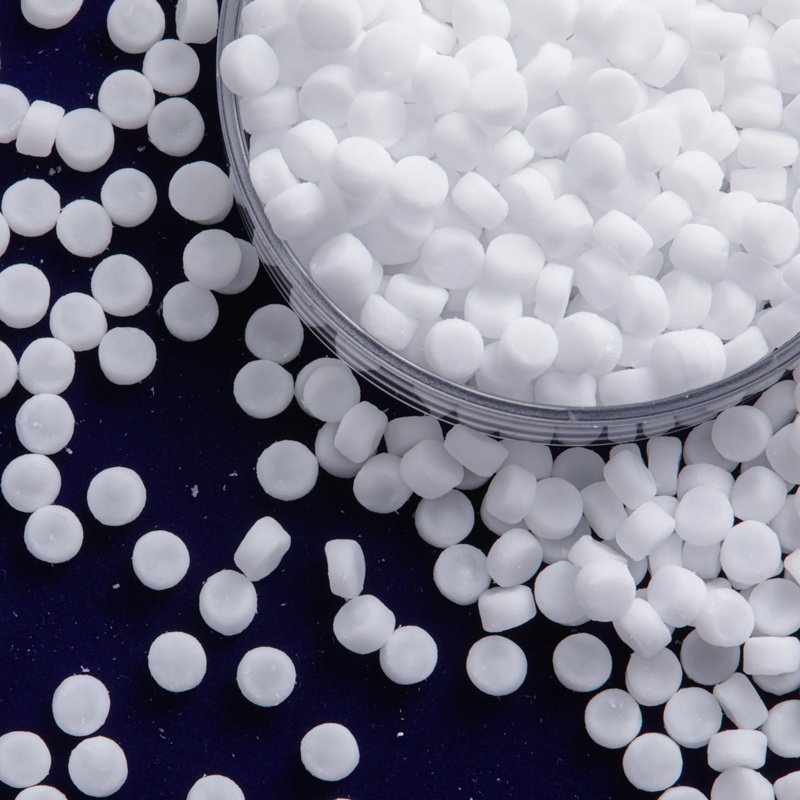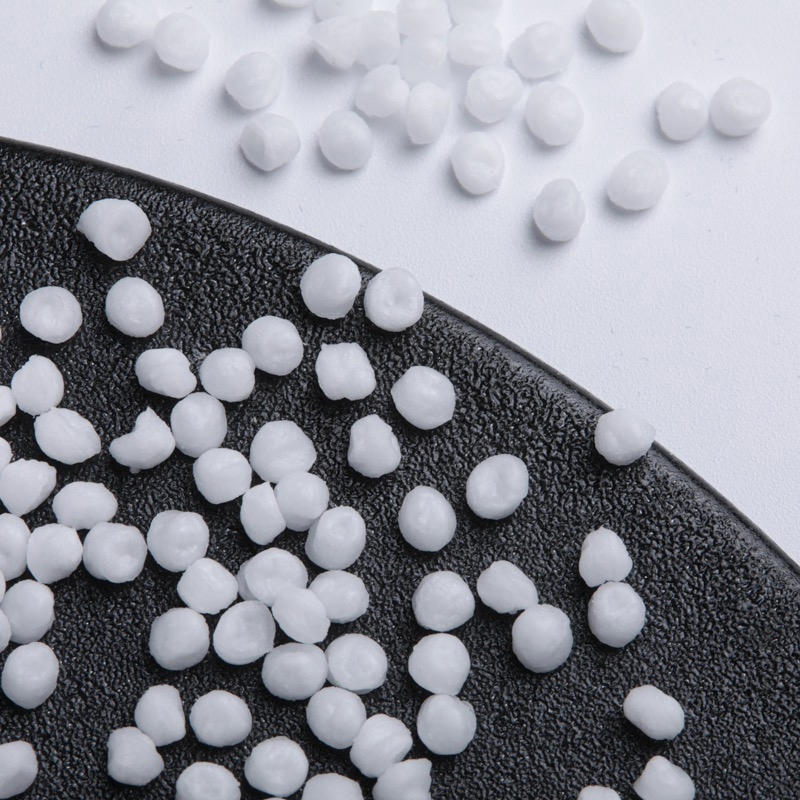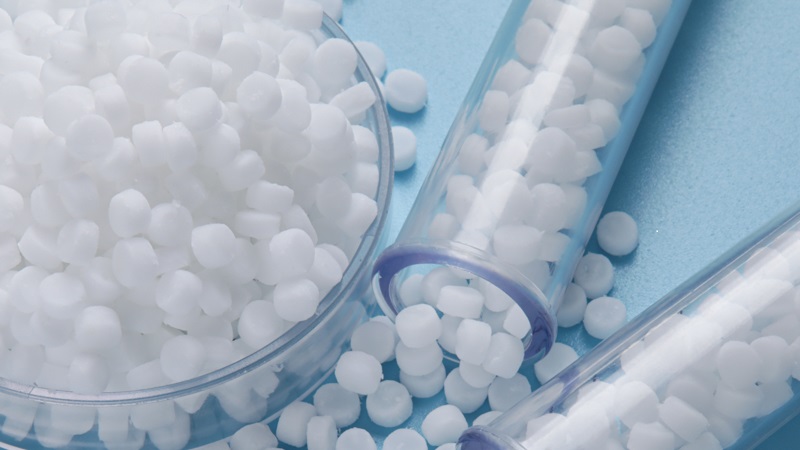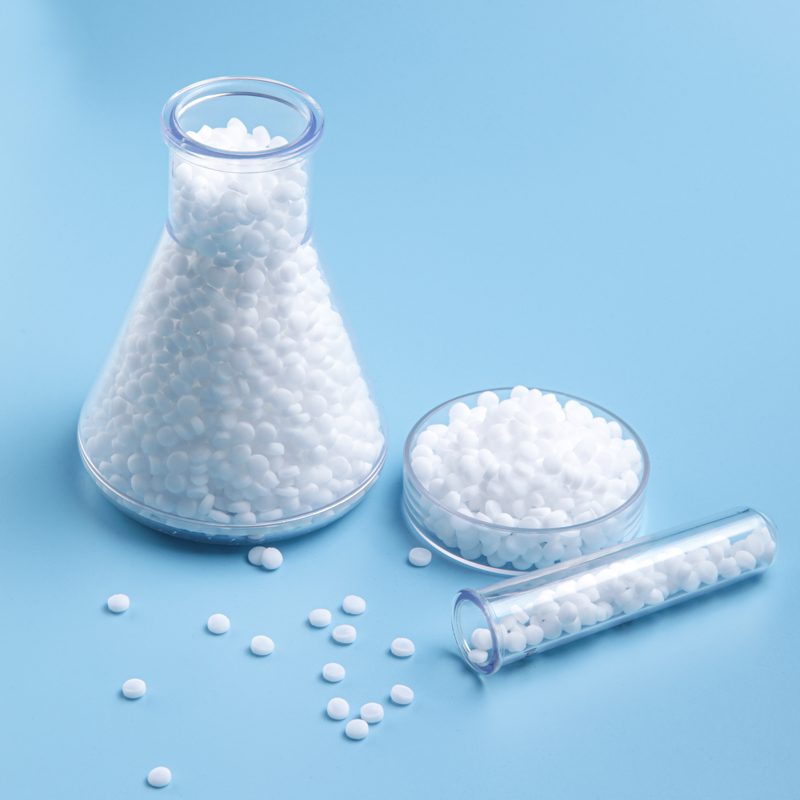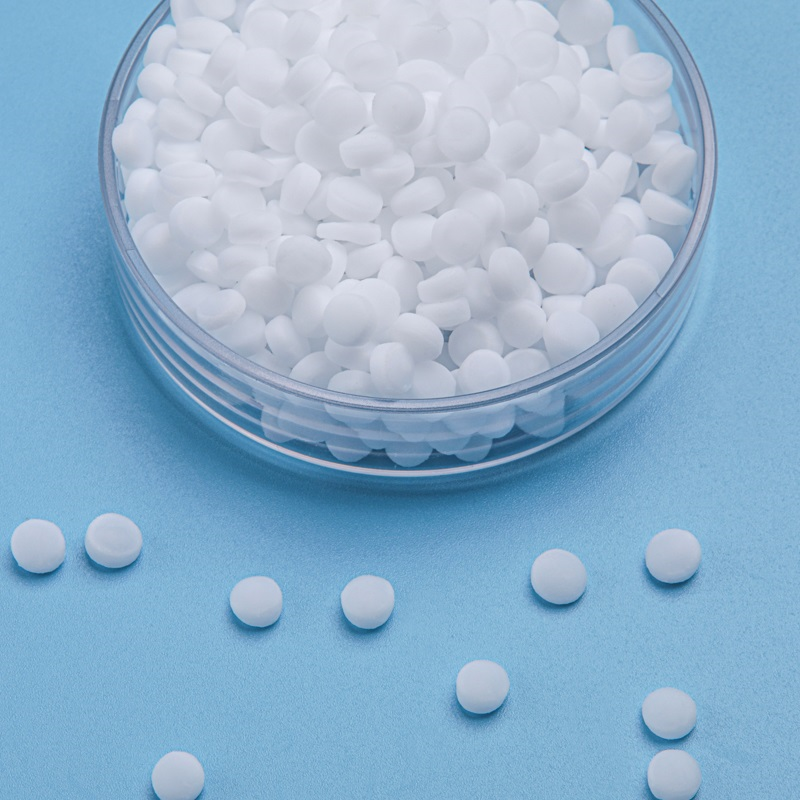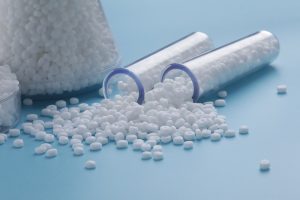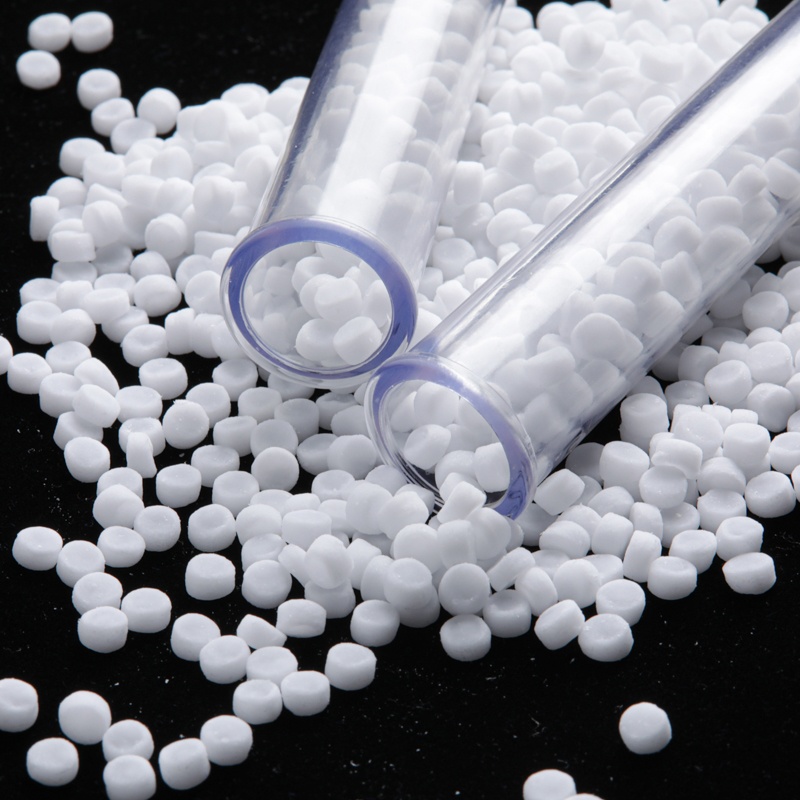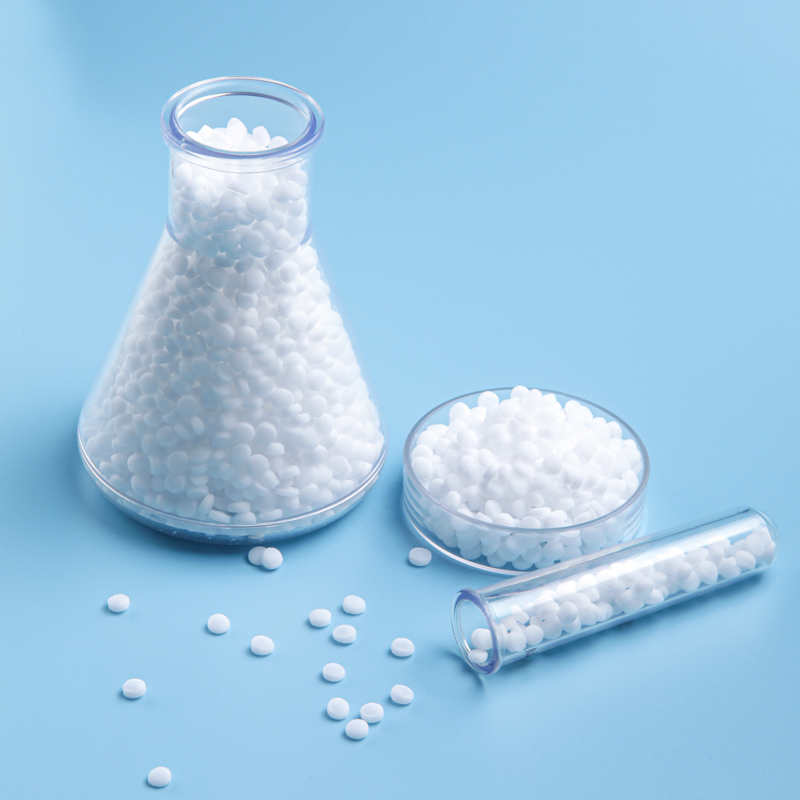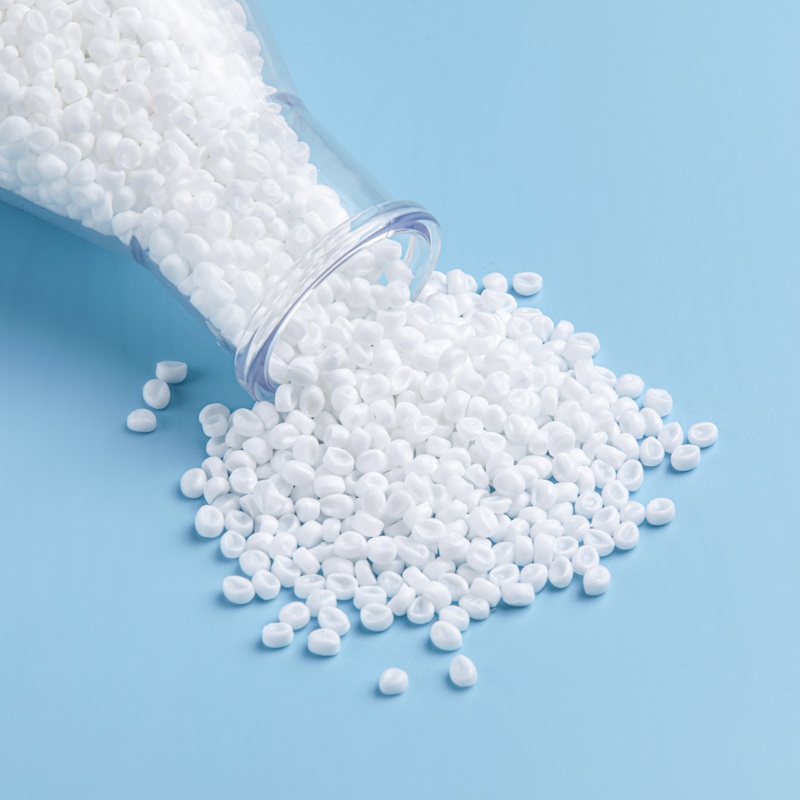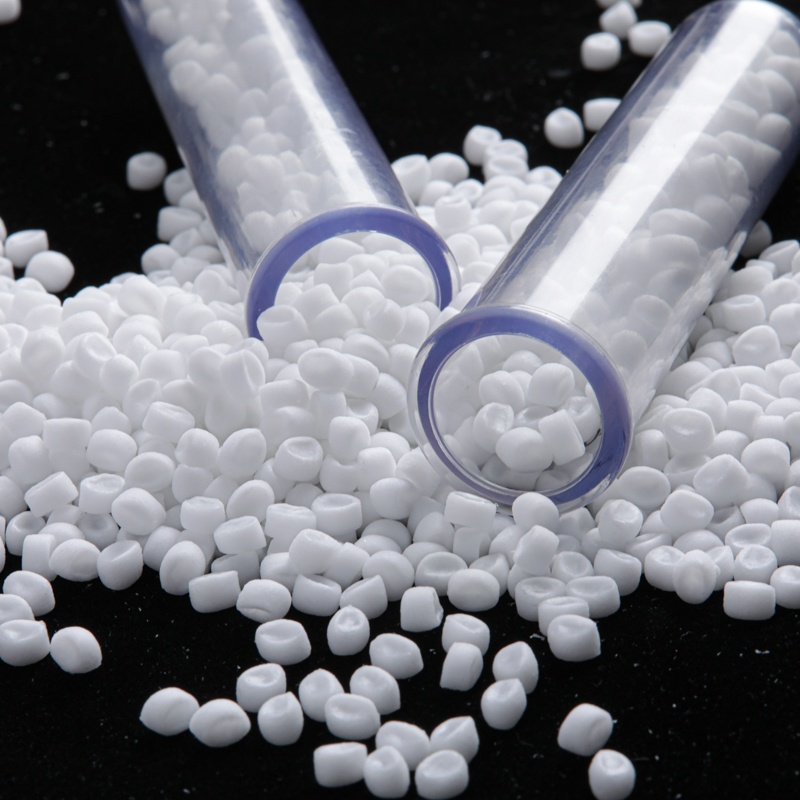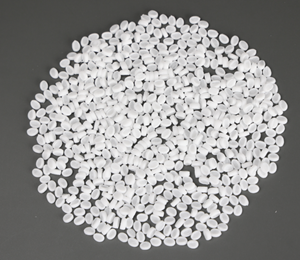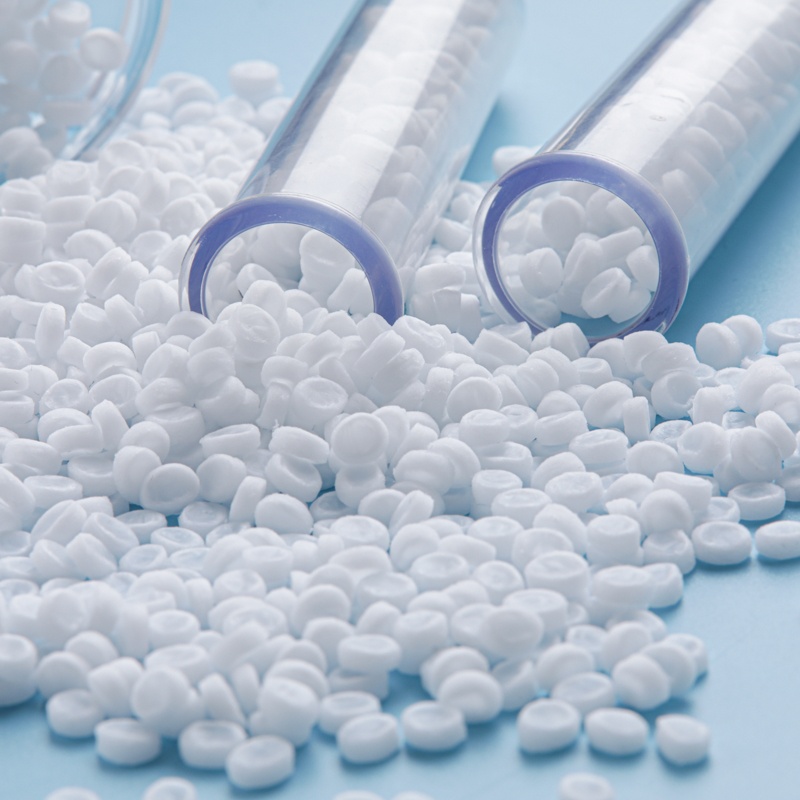Advantages of anti-scratch silicone:
Anti-scratch silicone typically contain special functional groups that modify silicone masterbatches, giving them high reactivity and better compatibility with plastics.
After adding anti-scratch silicone masterbatch to plastic materials, it can significantly improve the wear resistance and scratch resistance of the product surface, and persistently enhance the scratch resistance and wear resistance of plastic products.
This type of product can significantly improve the processing flowability of plastics, reduce extruder torque, reduce equipment wear, and reduce stress whitening.
Anti-scratch silicone masterbatch has good thermal stability and dispersibility, which can produce materials with better mechanical properties.
Properties:
| Model: | DX8502 |
| Carrier: | PP |
| Appearance: | White pellets |
| Melt Index (230℃/2.16kg): | 12 |
| Density (g/cm³): | 0.89 |
| Moisture (%): | ≤0.2 |
| Active Ingredient (%): | 45 |
| Recommended Usage (%): | 0.3-5 |
Benefit:
- Outstanding Lubrication Performance: This product, as a high-molecular-weight inert material, features low viscosity, high softening point, and non-migration properties. It reduces the friction coefficient on the surface of products, enhancing their smoothness. It provides excellent internal and external lubrication, effectively reducing die buildup in extruded products.
- Increased Extrusion Speed: DX852 can increase extrusion speed, reduce defect rates, improve the flowability of plastic processing, and reduce wear on processing equipment, thereby extending equipment life.
- Excellent Heat and Oxidation Resistance: This product can be used at high temperatures, ensuring durability and performance.
- Superior Surface Finish: DX852 forms a thin film on the surface of products, eliminating surface defects caused by fillers. It improves surface appearance, reduces the friction coefficient, and enhances scratch and abrasion resistance, resulting in higher product quality.
Application:
Suitable for TPE, TPR, TPV soft rubber, PP wear-resistant, scratch-resistant, and tactile products, improving yield and product performance.
Usage Method:
Anti-scratch silicone can be mixed with resin particles in a premixer first, then melted and granulated in a twin-screw extruder, or it can be directly measured and added.
Recommended Dosage:
When added at a ratio of 0.5-2.0% to a thermoplastic resin system, the processing and flow properties of the resin are improved. This includes good injection molding, reduced extrusion torque, improved internal lubrication, and demolding performance, as well as faster discharge speed.
When added at a ratio of 3.0-4.0%, it improves the surface performance of the product, enhances lubrication and sliding properties, reduces the friction coefficient, and increases abrasion resistance.
Website:
www.xiangxichem.com


